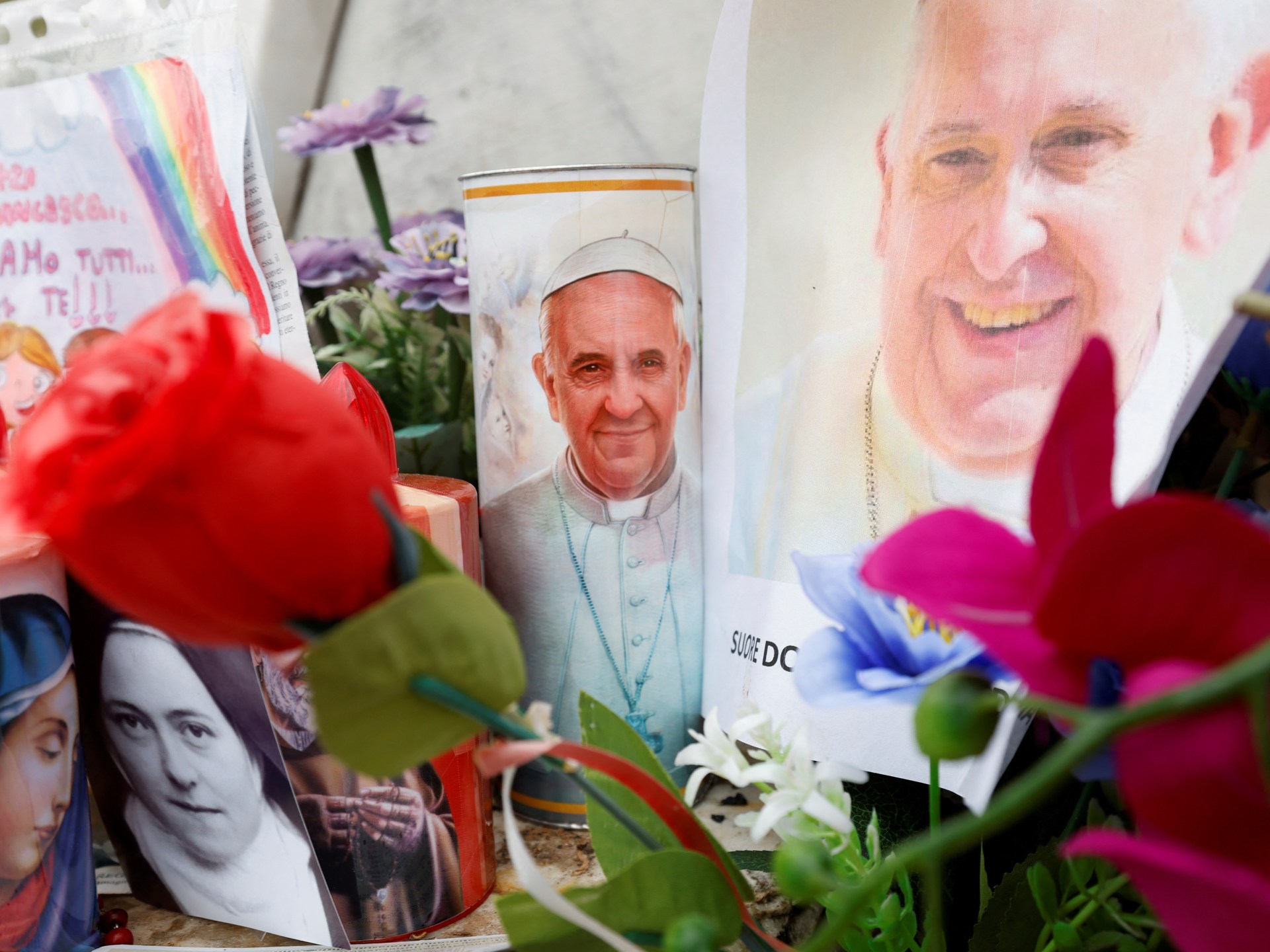Pope's Health Update: Pontiff Shows Glimmer of Hope Amid Medical Challenge

Pope Francis continues to receive oxygen treatment as he battles a persistent case of double pneumonia, with his hospitalization now approaching the two-week mark. The Vatican has been providing regular updates on the 87-year-old pontiff's medical condition, offering reassurance to millions of concerned followers worldwide.
Medical experts at the Gemelli Hospital in Rome remain cautiously optimistic about the Pope's recovery, noting that he is responding to treatment and maintaining his characteristic resilience. Despite the challenging health situation, Pope Francis has reportedly been engaging with hospital staff and maintaining his spirits.
The pontiff was initially admitted to the hospital on June 7th after experiencing respiratory difficulties, and his medical team has been closely monitoring his progress. While the double pneumonia presents a serious health challenge, the Vatican has emphasized that the Pope remains in stable condition and is receiving comprehensive medical care.
Throughout his hospitalization, Pope Francis has continued to receive visitors and has been keeping up with Vatican affairs, demonstrating his unwavering commitment to his pastoral duties even during this period of medical recovery. The global Catholic community continues to offer prayers and support for the Pope's swift return to full health.

